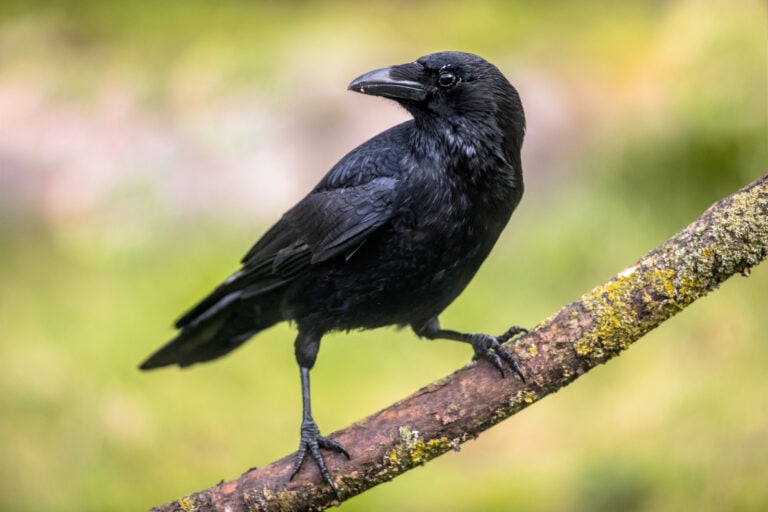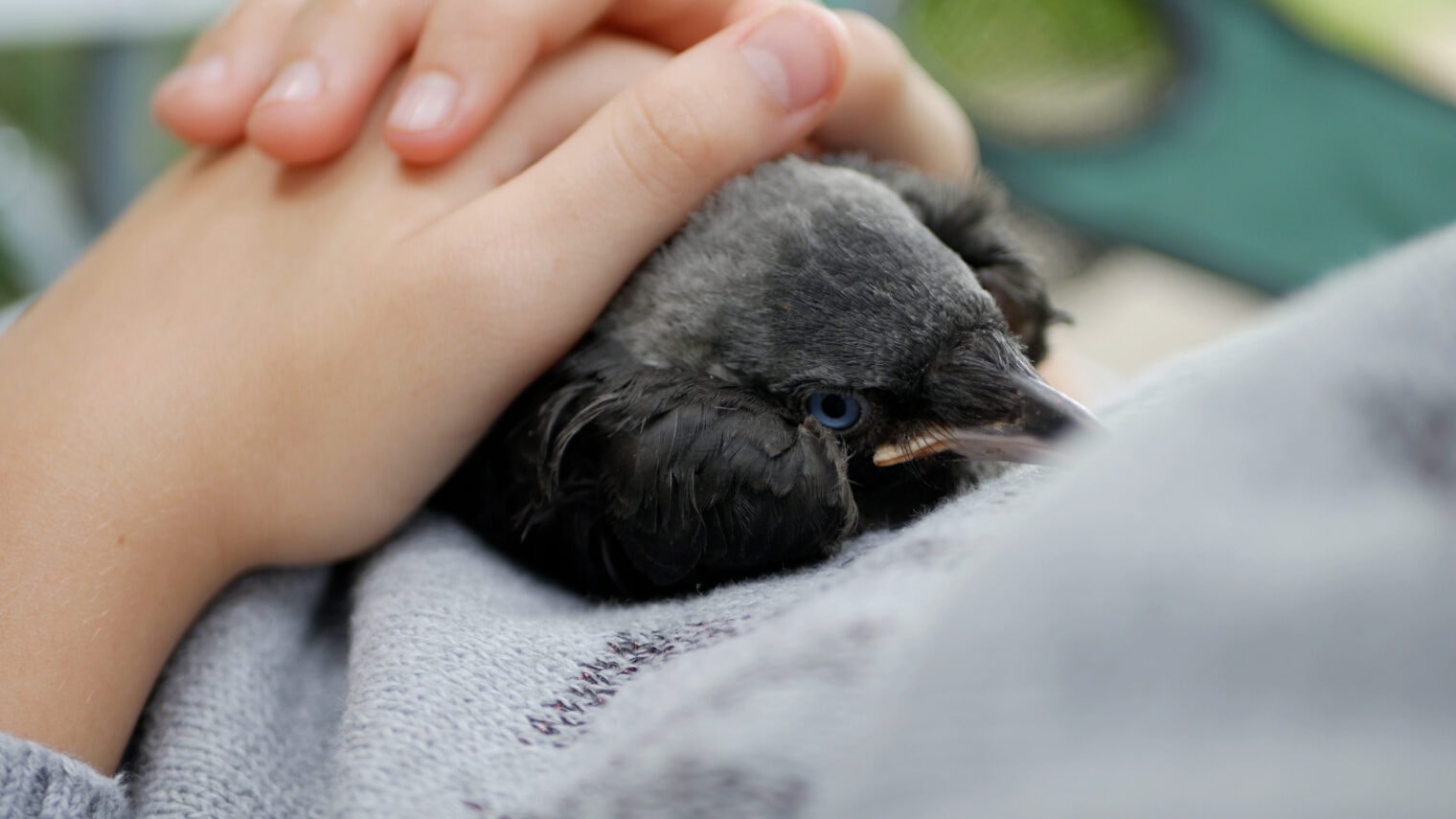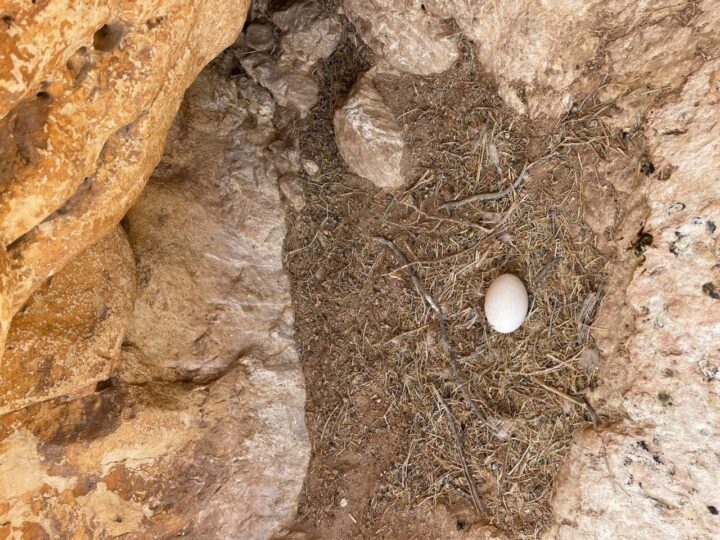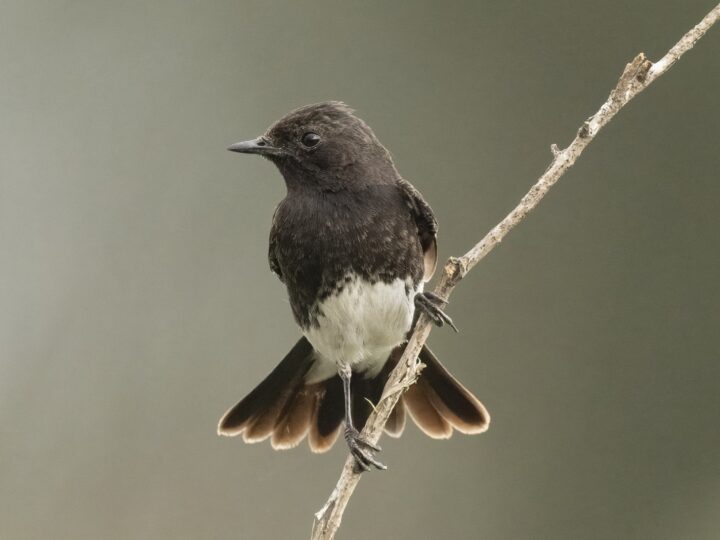When people aren’t around, crows are much less active, according to a recent study by researchers at Tel Aviv University (TAU).
The study found that the activity of crows — as well as the bright-green ringneck parakeets that are gradually invading Israel — drops significantly when humans are not present in their standard environment. On the other hand, an absence of people also leads to an increase in the activity of prinias, a small, shy and apparently antisocial species of warbler.
The findings make sense, as both crows and ringneck parakeets eat food scraps left behind by humans in public areas, while prinias could do without the company of Earth’s most prosperous ape.
The research team’s discovery is based on over 3,300 hours of recorded audio captured during the COVID-19 pandemic. By setting up a series of microphones throughout Tel Aviv’s Yarkon Park at the outset of the pandemic’s first lockdown, they were able to record and analyze the overall activity of the local winged wildlife via the frequency of their birdsong.

“Parks are a center of activity for birds, and that is always true. On the other hand, a complex picture emerges from the lockdown period,” explained Prof. Yossi Yovel, one of the study’s leaders and a member of the School of Zoology at TAU.
“The crows and ringneck parakeets, which usually subsist on leftover food from people in the park, searched for other avenues. The calls from the crows in the park decreased by about 50%, and the chirping of the ringneck parakeets in the park dropped by around 90%. Conversely, the shy graceful prinia, an outstanding adaptor, increased its activity by about 12%,” he continued.
“These findings highlight the fact that there are animals that depend on us in the city, as well as the flexibility of these animals and the complexity and diversity of the urban ecosystem.”
Fighting for Israel's truth
We cover what makes life in Israel so special — it's people. A non-profit organization, ISRAEL21c's team of journalists are committed to telling stories that humanize Israelis and show their positive impact on our world. You can bring these stories to life by making a donation of $6/month.








